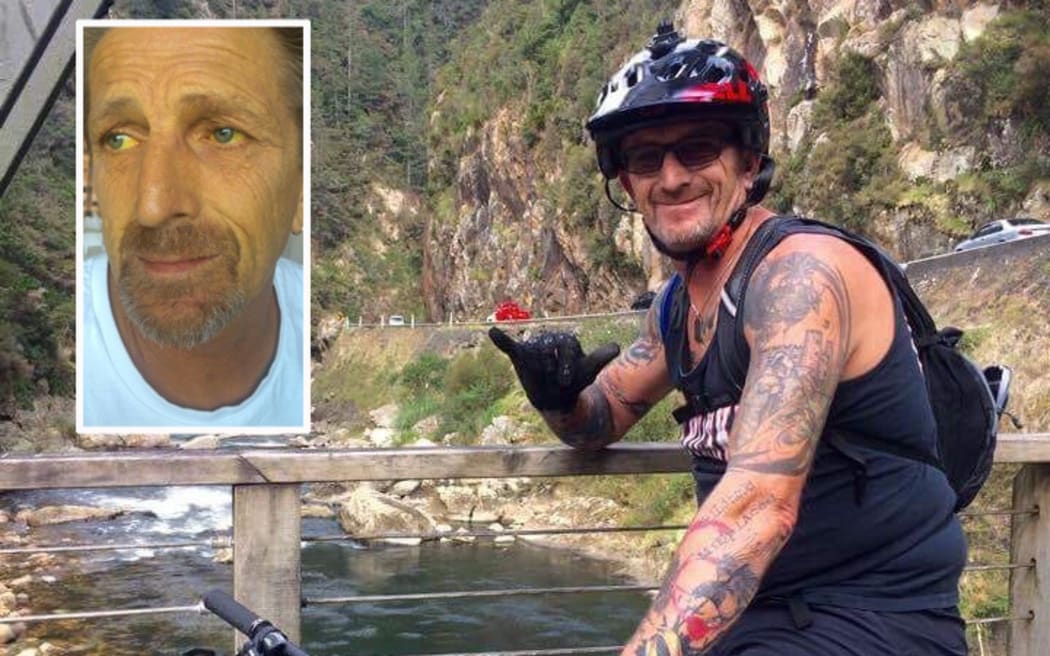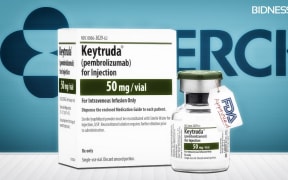Hepatitis C sufferers say a highly-expensive drug Pharmac is considering offering to more patients has "given them life".

Hepatitis C sufferer Craig Pedersen is back doing the things he loves after taking the drug Harvoni. Photo: Supplied
Harvoni, which costs about $1000 per pill, was funded by Pharmac last July for patients who were sick enough to be considered for a liver transplant.
On Sunday, as part of a pre-Budget announcement, Pharmac said it intended to make Harvoni - a tablet that is taken orally - available to patients whose illness was not as advanced.
Craig Pedersen of Tauranga said he had watched his brother die from hepatitis C, and he was scared when he found out he had it.
"I'd watched him go through the transplant and subsequently die from complications afterwards. I just didn't want to do the same thing.
"You know, to see it happen once was enough and to have it happening for me was very, very frightening."
He said the virus left him tired, sick and with a constant, random itch. The symptoms continued as he deteriorated.
"I felt like crap. I was listless, I was lacking energy. And now I can look back and see that for the last 34 years of my life I was slowly dying."
The 51-year-old received Harvoni tablets last year and his doctors say he is cured.
"People say every day above ground is a good thing and all that sort of thing, but until you've actually been at that point you really don't understand just how scary and how dark it can be."

Kevin Matthews Photo: Supplied
Aucklander Kevin Matthews also got Harvoni, but again not until death beckoned for him.
He said he was in hospital more often than not, being fed by a tube, and had been told to get his affairs in order, but it seemed Harvoni had changed that.
"It just gives me life. It gives me the inspiration that every day is a great day. Every day that I wake up is a great day. Nobody can take that off me."
Auckland liver specialist Ed Gane said the men had been cured and welcomed the extension of the drug for use earlier in advanced liver cirrhosis.
"This is a benefit for that group of people who have already started developing liver failure. By allowing us to treat them at the slightly earlier stage we should be able to rescue them from the need for transplant."
He estimated the extension would broaden access from about 40 patients a year to about 100.
He added that the 12-week treatment, which occasionally extended to 24 weeks, was cost effective in preventing complications like liver cancer, and liver transplants.
But Professor Gane estimated 20,000 people infected with genotypes of the virus other than type 1.
"So it's a very, very small number of people who can access the Harvoni, but it's important in that these are the people who are sick, and by treating them a bit earlier you should be able to rescue people from transplants."
"So, I think that's a big benefit of this expansion in access."
He looked forward to the day new treatments could be funded for the other types, saying it should enable the disease to be eliminated.
Hepatitis C is spread in different ways, including by injecting drugs or getting a tattoo or body piercing with unsterile equipment.
Mr Pedersen said people could get it in fights and sport.
He said it was time the stigma was dropped and the topic discussed.
"Yes, I got my Hep C through intravenous drugs or tattoos, I'm not sure which. But the stigma needs to be taken away. It's like every other disease known to man."
Pharmac said the list price of the drug was $73,000 a patient for a standard 12-week course - or about $1000 a pill.
The net cost - what it actually pays - is confidential, but other top-dollar drugs are usually assessed for price long-term, over a year.
The most expensive drug funded in this country, Humira, for rheumatoid arthritis, Crohn's disease and colitis, costs $74 million a year.







